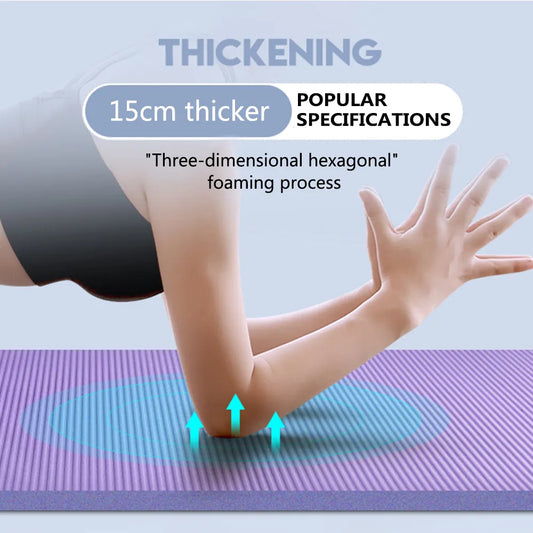Setting a realistic weight loss goal is essential for success and long-term sustainability. Here are some steps to help you set a realistic weight loss goal:
-
Assess Your Current Health Status: Before setting a weight loss goal, assess your current health status, including your weight, body composition, BMI (Body Mass Index), and any existing health conditions or risk factors. Consider consulting with a healthcare professional to determine a healthy weight range for your age, height, and body type.
-
Define Your Motivation: Identify your reasons for wanting to lose weight and establish clear, meaningful motivations that will keep you focused and committed to your goal. Whether it's improving health, increasing energy levels, enhancing self-confidence, or fitting into a certain clothing size, understanding your motivations can help keep you motivated during challenging times.
-
Set Specific and Measurable Goals: Set specific, measurable, and achievable weight loss goals that are tailored to your individual needs and circumstances. Instead of aiming for a generic goal like "lose weight," specify the amount of weight you want to lose and the timeframe in which you want to achieve it. For example, aim to lose 1-2 pounds per week or 5-10% of your body weight over a certain period.
-
Break Down Your Goals: Break down your larger weight loss goal into smaller, manageable milestones or mini-goals that you can track and celebrate along the way. This can help you stay motivated and focused on making progress, even when faced with challenges or setbacks.
-
Consider Lifestyle Factors: Consider your lifestyle, preferences, and commitments when setting your weight loss goal. Choose strategies and behaviors that are realistic and sustainable for you in the long term. Focus on making gradual, sustainable changes to your eating habits, physical activity level, and overall lifestyle to support your weight loss efforts.
-
Be Flexible and Patient: Understand that weight loss progress may not always be linear, and there will be ups and downs along the way. Be flexible and patient with yourself, and recognize that slow and steady progress is more sustainable and healthier than rapid weight loss. Focus on making healthy choices and developing positive habits that contribute to your overall well-being.
-
Track Your Progress: Keep track of your progress regularly by monitoring your weight, body measurements, and other relevant metrics. Use a journal, app, or spreadsheet to record your progress and celebrate your achievements along the way. Adjust your goals and strategies as needed based on your progress and feedback from your body.
-
Celebrate Non-Scale Victories: Recognize and celebrate non-scale victories and improvements in your health and well-being, such as increased energy levels, improved mood, better sleep quality, and enhanced fitness and endurance.
By setting realistic, personalized weight loss goals and adopting a balanced approach that focuses on health and well-being, you can increase your chances of success and create lasting changes that support a healthier lifestyle.




















